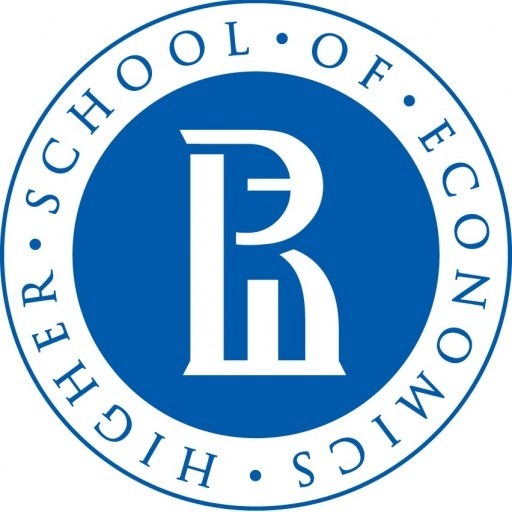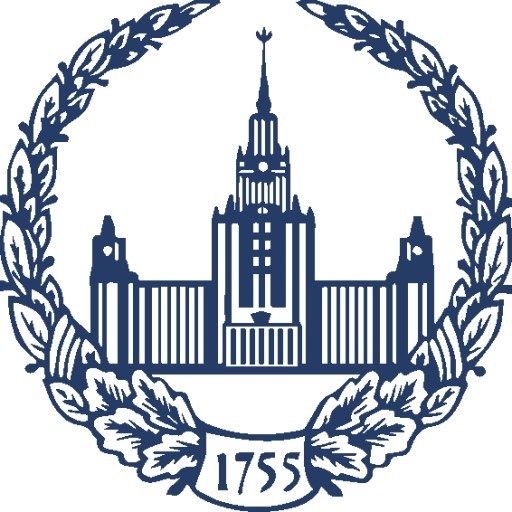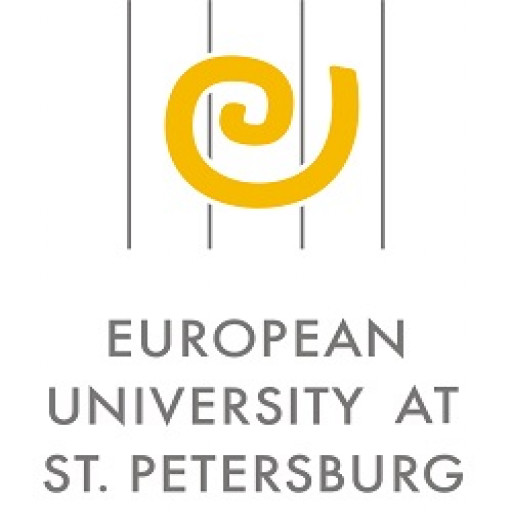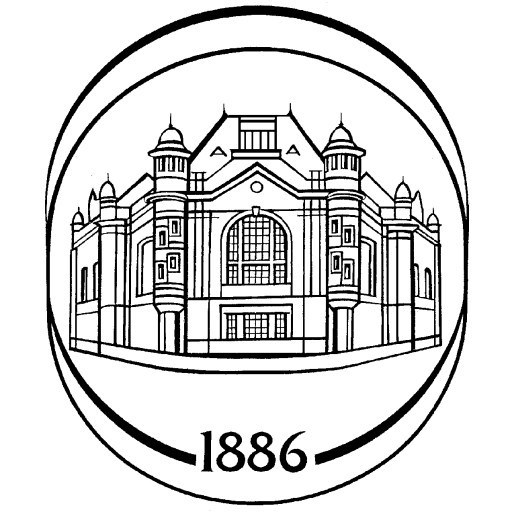Photos of university / #tyumen.university
Field of study: Media and Communication
Description: The Bachelor’s degree program in Media and Communication at the University of Tyumen is designed to equip students with comprehensive knowledge and practical skills in the fields of media, journalism, public relations, advertising, and digital communication. The program aims to prepare highly qualified specialists capable of analyzing and creating various media content, understanding the functioning of media systems, and effectively communicating in diverse cultural and social contexts. Throughout their studies, students will explore the history and theories of media, learn to produce multimedia content, manage communication campaigns, and analyze audience behaviors. The curriculum combines theoretical disciplines such as media theory, information society, and communication ethics with practical modules including media production, editing, journalism, and graphic design. Students will also gain experience in using modern digital tools and platforms necessary for media work in the contemporary digital environment. The program emphasizes the development of critical thinking, creative abilities, and ethical standards in media practices. Internships and project work are integral parts of the program, providing students with real-world experience and professional networking opportunities. Graduates of the program will be prepared for careers in television, radio, online media, advertising agencies, public relations firms, and corporate communication departments. They will be able to adapt to the rapidly changing media landscape, contribute to media projects, and implement effective communication strategies across various media channels. The program's goal is to foster versatile communication specialists who can operate successfully in the global information society, promote media literacy, and contribute to the development of a responsible and innovative media environment.
The Bachelor's degree program in Media and Communication at the University of Tyumen offers a comprehensive education designed to prepare students for a dynamic career in the fields of media, journalism, public relations, advertising, and digital communication. The program focuses on developing a deep understanding of the theoretical foundations of media studies, combined with practical skills necessary for effective communication in various formats and platforms. Students will explore the history and theory of mass communication, multimedia production, media ethics, and the impact of digital technologies on society. The curriculum includes coursework in journalism, media management, content creation, digital marketing, and social media strategies, enabling students to adapt to the rapidly evolving media landscape. Throughout the program, students gain hands-on experience through internships, project-based learning, and collaboration with media organizations, which helps to build a professional portfolio. The program emphasizes critical thinking, creativity, and ethical considerations in media production and dissemination. Graduates will be equipped with the ability to analyze media messages, create compelling content, and implement communication strategies across traditional and digital channels. The program also offers opportunities for international exchange and collaborative projects, broadening students' global perspective and intercultural competence. Upon graduation, students are prepared for careers in television, radio, online media, advertising agencies, public relations firms, as well as roles in corporate communication and digital content management. The program's multidisciplinary approach ensures that graduates possess both the theoretical understanding and practical skills necessary for effective communication in a diverse and interconnected world.
The Bachelor's Degree Programme in Media and Communication at the University of Tyumen requires applicants to possess a secondary education certificate, with a strong emphasis on proficiency in Russian language and mathematics. Prospective students are expected to demonstrate a fundamental understanding of social sciences, humanities, and media-related subjects. The program is designed to provide students with comprehensive knowledge of media theories, communication strategies, journalism, digital media, and information technology. Applicants are encouraged to submit motivation letters and demonstrate interest or experience in media activities, including participation in school or community media projects.
The admission process typically involves passing an entrance examination that assesses applicants' knowledge of the Russian language and social sciences. Additionally, interviews or portfolio assessments may be conducted to evaluate communication skills, creativity, and motivation for participating in media activities. Existing students should complete a curriculum that includes core courses such as Media Theory and Practice, Digital Journalism, Media Law and Ethics, Mass Communication, Media Technologies, and Public Relations. The program also emphasizes practical skills, requiring students to undertake internships, participate in media projects, and develop their own media content.
To successfully graduate, students must complete a set number of academic credits, including coursework, practical internships, and a final thesis project that reflects comprehensive research and application of media and communication principles. The coursework integrates both theoretical foundations and practical skills, ensuring graduates are well-prepared for careers in journalism, advertising, public relations, media production, or digital communication industries. The university offers modern facilities, including media labs and editing suites, to support hands-on learning. Throughout the programme, students are encouraged to participate in conferences, media festivals, and industry events to enhance their professional development. The programme aims to cultivate critical thinking, digital literacy, ethical standards, and innovative approaches to media creation and dissemination, equipping graduates with the necessary competencies to succeed in the dynamic field of media and communication.
Tuition fees for the Media and Communication programme at the University of Tyumen are established annually and depend on the level of study and whether the student is a budget (state-funded) or paid (contract) student. For budget students, education is financed by the federal or regional budget, and therefore students do not pay tuition fees. The number of budget-funded spots is limited and allocated based on competitive entrance examinations and academic achievements. For paid students, tuition fees are set by the university and vary depending on the specialization and the form of study (full-time or part-time).
In the 2023 academic year, the approximate tuition fee for full-time paid students in the Media and Communication program was around 250,000 to 300,000 rubles per year. These fees are subject to change annually and are officially published on the university’s website and in official enrollment documents.
Students have several options for financing their studies. Many students utilize personal funds, while some may receive scholarships or grants based on academic performance, social status, or participation in university programs. The university offers a range of scholarship opportunities, including merit-based scholarships for high-achieving students, social scholarships for students from disadvantaged backgrounds, and targeted scholarships funded by external partners.
Additionally, some students secure external funding through government programs, regional initiatives, or grants from private foundations. The University of Tyumen collaborates with various media and communication companies, providing internships and cooperative education programs that can include financial support or stipends for students as part of practical training.
International students, if enrolled, are generally required to pay the full tuition fee, which is determined by the university and can range from 300,000 to 400,000 rubles per year for this program. They may also explore external scholarships or educational loans available in their home countries or through international organizations supportive of students studying in Russia.
Overall, the financing options for students enrolled in the Media and Communication programme at the University of Tyumen include state-funded quotas, university scholarships, external grants, personal funds, and potentially student loans. The availability of these options encourages a broader range of students to pursue studies in media and communication disciplines and supports their successful completion of the programme.
The Bachelor's degree program in Media and Communication at the University of Tyumen offers students a comprehensive education in the fields of media, journalism, public relations, and communication technologies. The program is designed to equip students with theoretical knowledge and practical skills necessary for effective communication in various media environments. Students will explore the history and theory of mass media, learning about the development of media institutions, their impact on society, and contemporary issues faced by the media industry. The curriculum includes courses in journalism, broadcasting, media production, advertising, digital media, and media management, ensuring a well-rounded understanding of the modern communications landscape.
Throughout the program, students engage in practical activities such as media content creation, editing, and distribution, using industry-standard tools and software. They participate in internships and projects with real-world media organizations, gaining valuable hands-on experience that prepares them for employment after graduation. The program emphasizes critical thinking, ethical considerations in journalism and media, and the development of communication skills necessary for effective public engagement. It also covers digital literacy components, ensuring graduates are capable of navigating the rapidly changing digital environment and utilizing new media technologies.
The faculty comprises experienced professionals from academia and industry, providing mentorship and up-to-date insights into current trends and best practices in media and communication. The university collaborates with media outlets, advertising agencies, and public relations firms, creating opportunities for students to build networks and secure employment. Graduates of the program can pursue careers in journalism, public relations, advertising, digital media management, content creation, media consultancy, and other related fields. The program supports personal development, intercultural communication, and innovative thinking, preparing students to become effective communicators and media professionals capable of contributing to society’s informational and cultural development.




